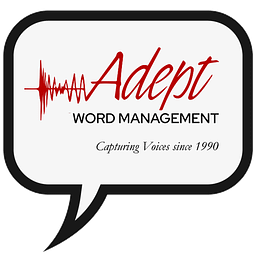Intro: People talking actually use these words to describe the speech they’ve observed. Often, those verbs are colloquial, like She busted out laughing, instead of burst out. Bawl can be used to describe crying.
This post looks at ways of conveying personality or emotions by choosing a more interesting verb than ‘say’ when you report someone’s speech. Anyone who has been on a creative writing course will be familiar with the maxim ‘Show, don’t tell,’ and choosing a specific synonym for ‘say’ can help you to do this.
For instance, instead of saying directly that someone is angry, a reporting verb such as bellow or bawl clearly conveys the same idea:
‘Get back inside right now!’ he bellowed.
She bawled at us to get out of the way.
Other verbs for shouting loudly are shriek and screech. Both indicate a high degree of emotion. If they are used on their own, they usually indicate shock or anger, but they can also be used for positive emotions where this is specified:
‘Ow!’ she shrieked. ‘The dog bit me!’
He fell over and we all screeched with laughter.
If you want to show that someone is upset or in pain, you could choose a verb such as howl or wail. These both imply loud noises, whereas groan and moan indicate lower, softer sounds and whimper is soft but higher-pitched:
‘You trod on my toe,’ she howled.
‘I think my leg is broken,’ he groaned.
‘My head hurts,’ she whimpered.
A good verb for showing that someone is shocked is splutter, while burst out often shows that someone cannot control their emotions:
‘That’s outrageous!’ he spluttered.
‘I don’t trust them!’ she burst out angrily.
People who drawl speak slowly but unclearly, with long vowel sounds. This is a good verb to indicate laziness or arrogance. Another verb for unclear speech is slur, which often implies that someone is drunk:
‘Well,’ he drawled, ‘I’m surprised to see you here again.’
‘Take me home,’ she slurred.
If you mumble, your words are quiet and difficult to understand. Mutter is similar, but is usually used to indicate anger or worry, while murmur is softer and usually used in positive situations:
She mumbled something about having lost track of the time.
‘They’re not meant to be here,’ he muttered.
‘I love you so much,’ she murmured.
If you want to show that someone is speaking quickly and indistinctly, often through excitement or fear, you could use the verbs gabble, babble or jabber:
‘I promise I’ll never do it again,’ he gabbled.
She spends all day jabbering on the phone.
If you have found this post useful, look out for the next one, which is on the same subject, but focuses specifically on using animal noise verbs to show human personality and emotion.

